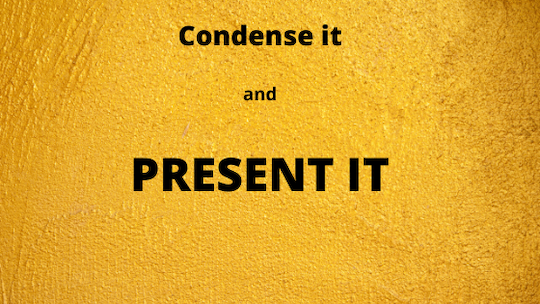“I Statements” can be a valuable tool to enhance constructive communications. Pointing Fingers and Accusation Tag are games where everyone loses.
—Calm App Reflection
“I Statements” are a powerful communication tool that focus on expressing one’s feelings, needs, and perspectives — without blaming or accusing others.
Their value lies in their ability to:
- Reduce defensiveness and hostility
- Foster empathy and cooperation by allowing the listener to understand the speaker’s perspective
- De-escalate conflicts by avoiding accusatory language
- Enhance emotional intelligence and self-awareness
- Strengthen relationships by promoting open and respectful dialogue
EXERCISE:
Where in your world are pointing fingers and accusation tag being played?
Where would the use of “I Statements” be used to cool down these heated conflicts and enhance your communications efforts?










